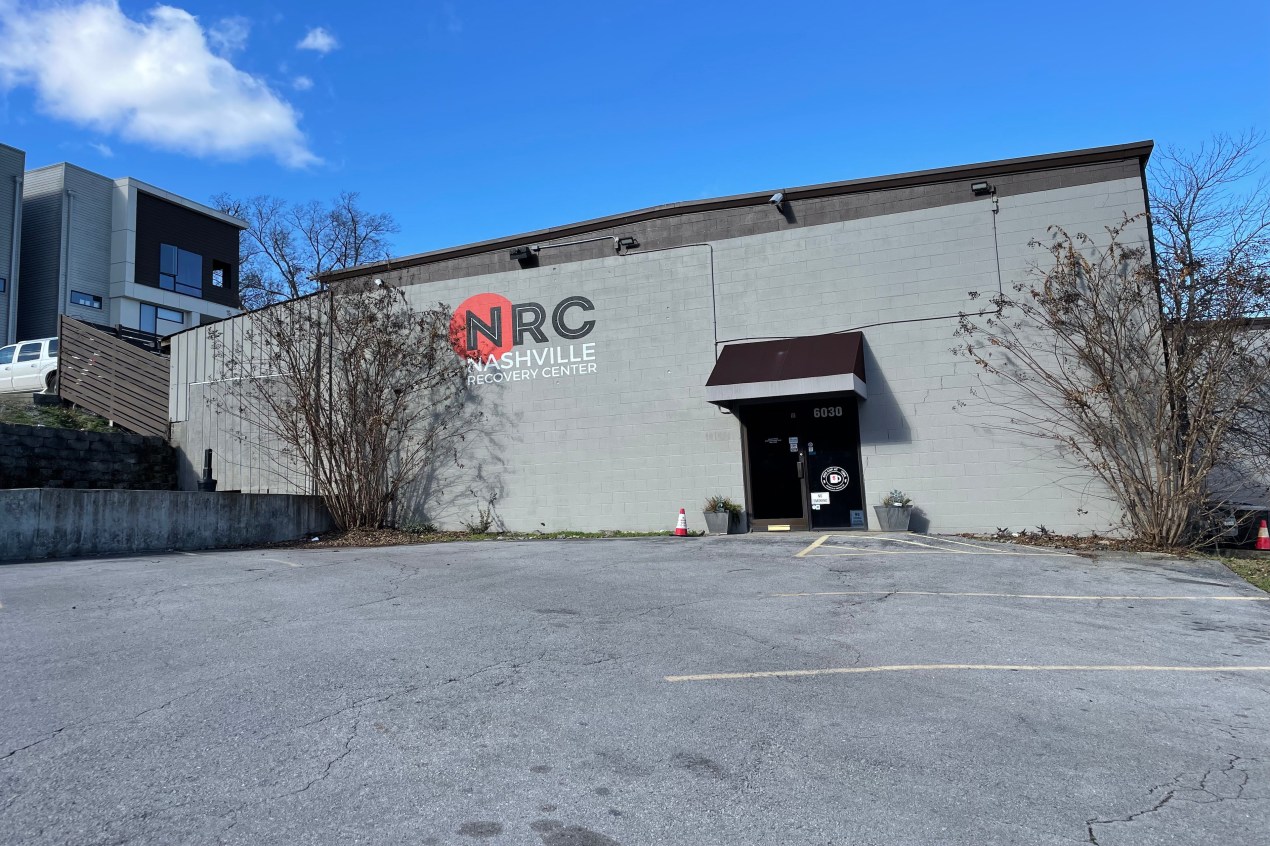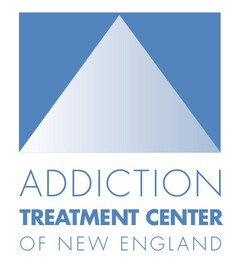Navigating the Journey of Cleansing in the Comprehensive Addiction Therapy Program
Starting the course of cleansing within the structure of a thorough dependency treatment program is a pivotal phase in the journey in the direction of recuperation. The procedure of detoxification holds a significant role in breaking the physical reliance on substances and preparing the person for the succeeding phases of therapy. Browsing through detoxification is not just an issue of physical cleaning; it requires a complicated interaction of mental, psychological, and social aspects that require careful consideration and assistance. As people come to grips with the obstacles of withdrawal symptoms and the uncertainties that lie in advance, having an organized plan and a robust assistance system in position ends up being vital. In this discussion, we will discover the multifaceted aspects of detoxing within the detailed dependency therapy program and clarified the crucial parts that shape this transformative journey towards healing.
Relevance of Cleansing in Healing

Cleansing establishes the structure for the remainder of the dependency treatment program by preparing the person for more treatment and therapy. By cleaning the body of compounds that have actually been clouding judgment and impacting actions, detoxification enables patients to approach their healing with a more clear mind and stronger focus.
Additionally, detoxing aids in handling the possibly extreme withdrawal symptoms that may develop when medicine or alcohol use is stopped. Medical specialists very closely check individuals during detox to guarantee their safety and supply needed assistance. Through this process, people can start their trip in the direction of soberness with a stabilized physical and psychological state, increasing the probability of an effective recovery.
Understanding the Detoxification Refine
Detoxing, an essential component of addiction treatment programs, includes a structured process targeted at securely getting rid of harmful substances from the body to facilitate an effective recuperation journey. The detoxification procedure normally starts with an evaluation to assess the person's compound usage history, physical wellness, and psychological well-being. This examination aids health care specialists figure out one of the most appropriate detoxification strategy customized to the person's needs.
Throughout detox, the body undergoes withdrawal as it adapts to the lack of the material. Withdrawal signs and symptoms vary depending upon the kind of compound utilized, the duration of usage, and specific elements. Medical guidance throughout detox is vital to take care of withdrawal signs and symptoms and make sure the person's safety and security and convenience.

Managing Withdrawal Signs And Symptoms

Medicines may be used to reduce certain withdrawal symptoms and reduce pain. For instance, medicines like methadone or buprenorphine can help handle opioid withdrawal symptoms, while benzodiazepines might be used for alcohol withdrawal. It is crucial for doctor to very carefully check the person's response to these drugs to ensure their safety and effectiveness.
In addition to medicinal treatments, supportive treatments such as therapy, peer support system, and holistic methods like mindfulness meditation or yoga can help people cope with the mental and psychological challenges of withdrawal. By dealing with withdrawal signs adequately, healthcare carriers can enhance the cleansing experience and support individuals on their journey to healing.

Support Solutions During Detoxification
Support group play an essential duty in providing social and emotional help to individuals undertaking cleansing in addiction therapy programs. During the detox process, individuals often experience a range of physical and mental withdrawal signs and symptoms, making this phase tough - Addiction Treatment Center. Having a solid support system in place can substantially affect the person's ability to navigate through detox efficiently
Relative, pals, support system, and healthcare experts are important elements of the support group. Family members participants and pals can provide encouragement, understanding, and a sense of belonging during this tough time. Support groups provide a system for people to connect with others that are going via similar experiences, providing a sense of community and shared understanding. Healthcare experts, including therapists, doctors, and specialists, play an important role in monitoring the person's progression, offering clinical assistance, and offering advice throughout the detox procedure.
Looking Ahead: Life After Detoxification
Having actually effectively finished the detoxification phase, individuals in dependency treatment programs currently focus on planning for the challenges and opportunities that lie in advance in their trip in the direction of recovery. Life after detoxification notes an important shift period where people must proceed to improve the development made throughout detoxification to keep their soberness. It is essential for people to recognize that the journey towards recuperation is recurring and calls for devotion, dedication, and a readiness to welcome modification.
One trick facet of life after detoxification is the advancement of coping systems to handle triggers and food cravings that may occur. This may involve finding out brand-new skills, such as mindfulness techniques, cognitive-behavioral strategies, and anxiety administration techniques, to browse tough scenarios without turning to substance usage. In addition, individuals are urged to actively participate in recurring treatment, support system, and aftercare programs to reinforce their support network and get assistance as they navigate the complexities of life post-detox.
Final Thought
To conclude, detoxification is an essential part of the detailed addiction therapy program. Comprehending the detox procedure and managing withdrawal signs are crucial steps towards recuperation. Support systems play a considerable function throughout this challenging journey. Addiction Treatment Center. Looking in advance, life after detox holds promise for a much healthier, substance-free future. It is essential to identify the relevance of detoxification in the process of overcoming dependency and moving towards a life of soberness.
Clinical guidance throughout detox is critical to manage withdrawal signs and why not try these out make certain the individual's safety and convenience.
By understanding the detox procedure and its relevance in breaking the cycle of addiction, people can get started on navigate to these guys a path towards lasting recovery.
During the detoxification procedure, people frequently experience a variety of emotional and physical withdrawal signs and symptoms, making this phase challenging. Health care professionals, consisting of doctors, therapists, and specialists, play a crucial role in monitoring the person's development, supplying clinical assistance, and offering assistance throughout the detox process.
Life after detox notes a crucial change duration where people have to proceed to develop on the development made during detox to maintain their sobriety.